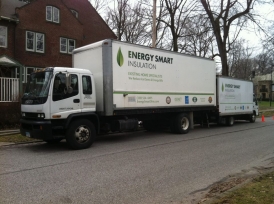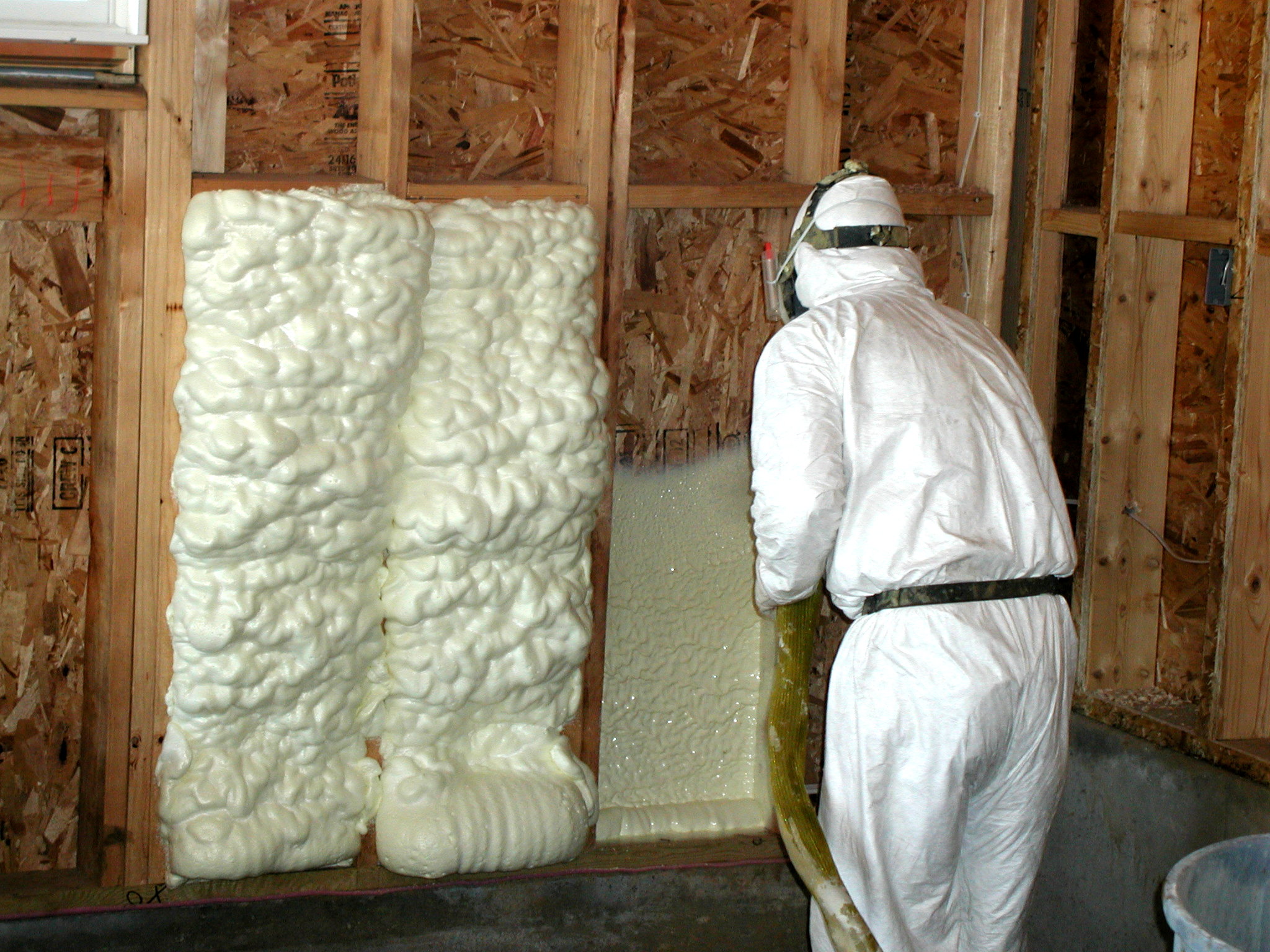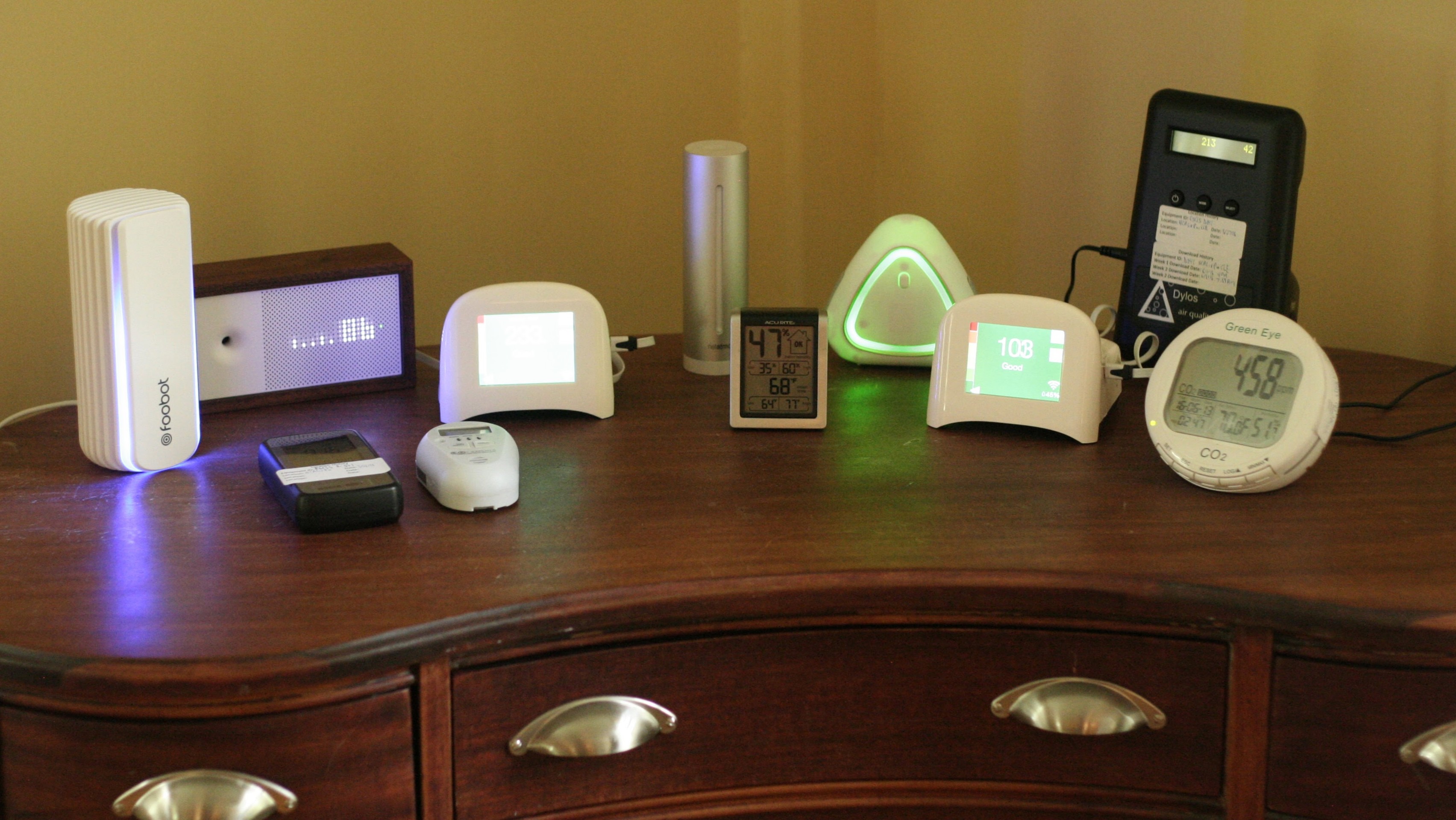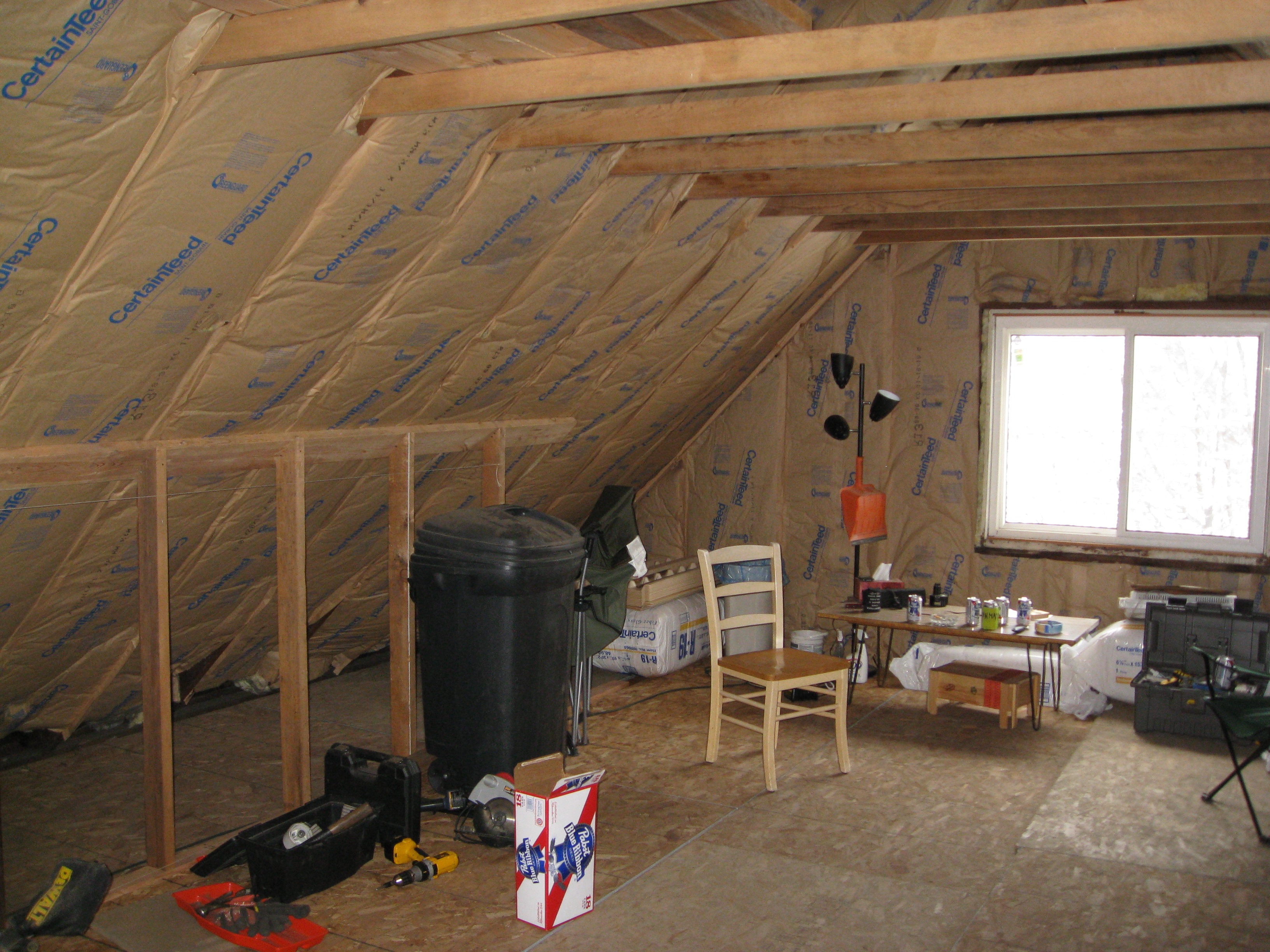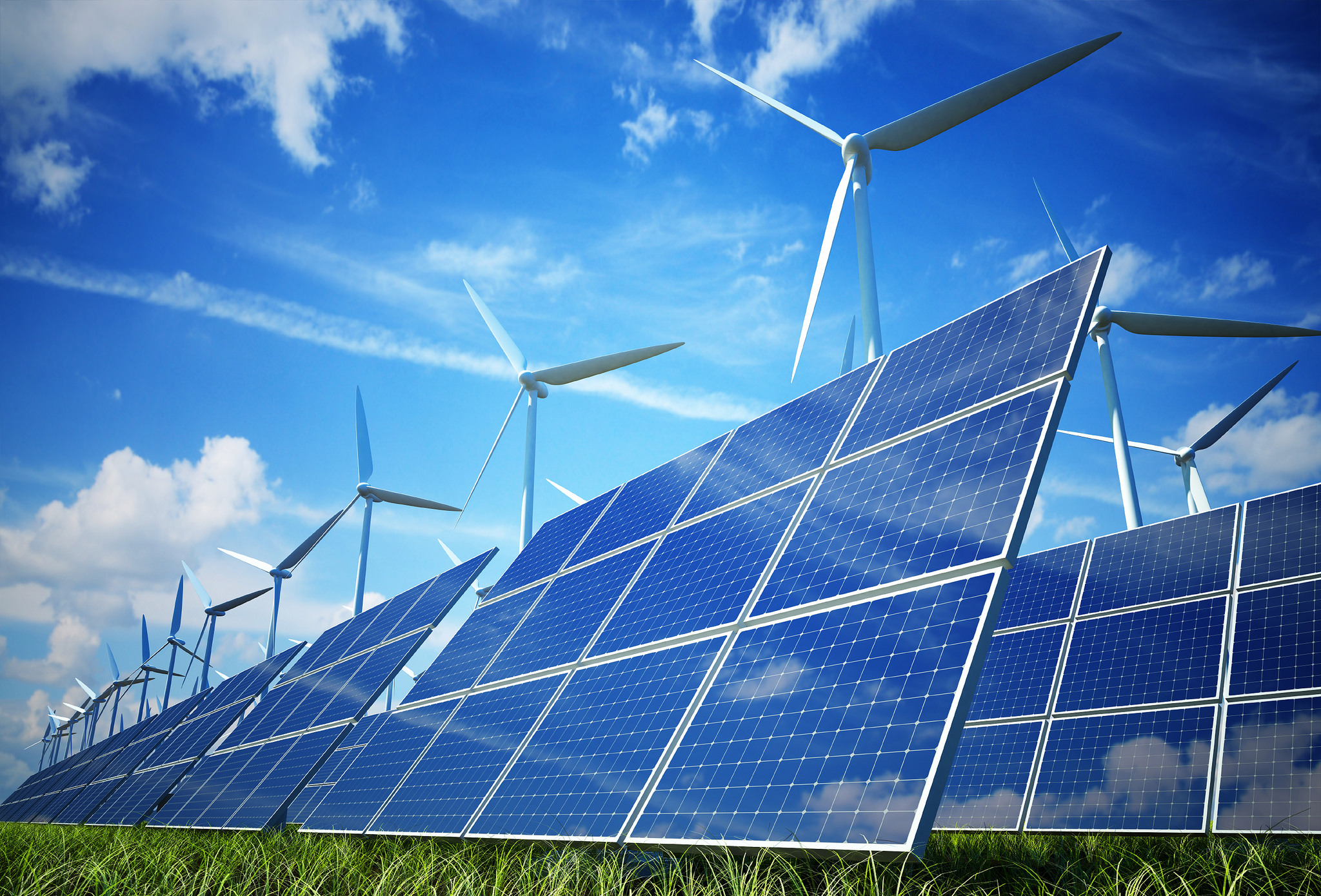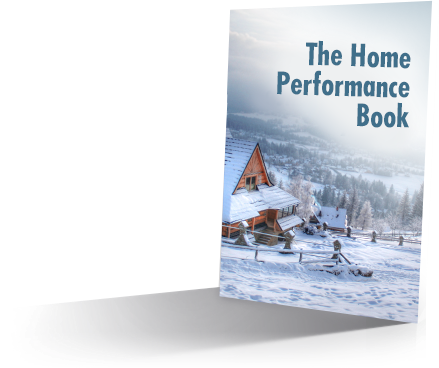What Do I Do First to Make My Home More Efficient? The Conservation Pyramid Part 1
The Conservation Pyramid
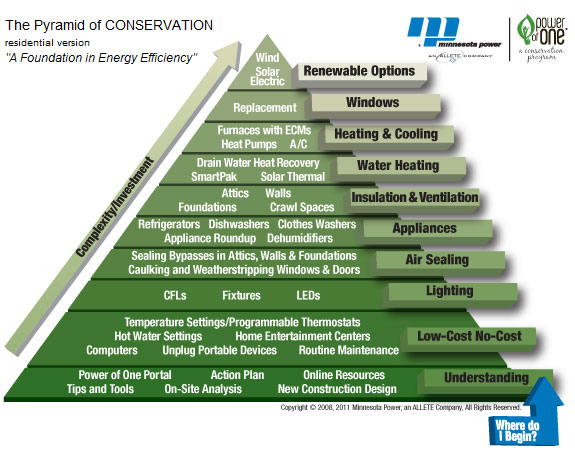
Energy conservation, on top of being boring, is confusing as well. That sucks – it shouldn’t be either!
It’s like the History Channel. I too nearly nodded off in history classes in school, but man, the History Channel is fascinating!
I wish I had cool videos for you, but part of what the History Channel does is break things down in an interesting and engaging way, ending with a clear view of what happened.
Enter Minnesota Power’s Conservation Pyramid. This is where to start when you are learning how to reduce your energy bills, get more comfortable, and leave more for future generations.
This will be the first of a series on this pyramid, I really find it particularly helpful.
A few notes on the Conservation Pyramid. I love that it starts with the free stuff. Then the nearly free, then it moves along with an eye on return on investment (ROI). Note the fact that windows, while popular, and solar panels and wind turbines, while sexy, land squarely at the top of the pyramid. Windows have a lousy payback, and renewables, while being the pinnacle of cool, are quite costly.
I also love that it starts with the easy and moves to the more difficult and complex. Just start at the bottom and work your way up!
Begin at the Beginning: Resources
Let’s start with the bottom rung: understanding & awareness. I love to educate people, I have a passion for what I do, so it excites me to help get you started. Here are a few places to start:
- The Department of Energy is a great resource, just Google Department of Energy and just about any topic you have interest in, and you’ll have a good place to start, like their recommended R-values page, or the Energy Star program which develops appliances (and now homes with their Home Performance with Energy Star program) that are more energy efficient.
- Energysavvy.com is also a fantastic unbiased resource, breaking down home energy efficiency into tasty bites, just like me. There are other helpful resources there too:
- Home Energy Score Tool – They also have a simple Home Energy Report calculator to help you get an idea of how efficient your home is versus an average home and even give you a score for it!
- Rebate Listing – Better yet, they have a listing of rebates available in your area.
- Contractor Listing – They also have a listing of contractors and a list of questions to ask them. (Shockingly, Energy Smart is on the list!)
- energysmartohio.com – If you are reading this, the odds are good you live in an existing home and aren’t building a new one. You can narrow down your search to what applies to existing homes. The main website for Energy Smart Insulationhas a good baseline to work from for insulation and ventilation in particular and links to a number of more authoritative sources, so it’s a good starting point. (I hope so, I spent a long time writing it!) May I suggest the pages on:
- Ice dams and icicles – why they form and how to fix them
- Insulation types – cellulose vs. fiberglass vs. foam
- Ventilation – different types of vents (gable, soffit, ridge, etc.) and how they work
- Air sealing – what it is for different parts of your home
- Why insulate – comfort, icicle reduction, energy savings, ROI, sound reduction, and a few more you might not have thought of
On Site Analysis – The Key To Moving Forward
Note the “On Site Analysis” in the first level of the pyramid. Once you start to learn about energy efficiency in general, it is good to find out exactly how this applies to you and your home. This can range from a simple walkthrough with a clipboard where a trained person can make note of steps that you could take to improve your energy efficiency all the way up to a full energy audit.
The Energy Audit – The Best Way To Find Out What Your Home Needs
Energy audits are truly enlightening, especially if bunnies are involved. Don’t they make blower doors look cute? (The red shroud in the door with a fan on the bottom is a blower door.)

An energy audit will give you a detailed analysis of the strengths and weaknesses of your home, energy efficiency wise. Using advanced tools like a blower door and infrared camera, along with special software, you will find out what your house needs and a priority list to tackle those issues. Finally, your furnace and water heater will be checked out to be sure they are burning correctly and not producing too much carbon monoxide (they all produce a little). It will also be sure they do not back draft, or pull air in down the chimney.
I have never had anyone tell me an energy audit wasn’t worth their time and money. They do take time, 4-5 hours is routine.
Normally energy audits cost $400-500, and they are worth every penny (plus the auditors have to charge that, they have $10-15,000 in equipment to pay for!)
What I really like about energy audits is that there is NO PRESSURE involved! They just tell you what needs to be done, no more. I hate being pushed into something. An energy auditor is there to educate you, not sell you on something. And that is awesome!
Utility Companies to the Rescue!
You never thought you’d read that, did you?
Many utility companies right now offer subsidized energy audits. Why would they pay for a program that helps us buy less from them? Because they have to.
In Ohio, Senate Bill 221 requires electric companies to begin to reduce their customers’ average usage. We are paying for it with a monthly surcharge on our bill, don’t worry. If the utilities don’t reduce average usage, they get socked with fines. Technically, it sounds as if gas companies don’t have to do this, but since they are collecting the money they still have programs.
In the Cleveland & Akron Ohio area there are the following subsidized energy audits with rebates on top:
$100 audit + rebates – First Energy
$50 audit + up to $1250 in rebates – Gas Company That Shall Not Be Named (They are sensitive where their name is used.)
Not from around here? Energysavvy.com has a national rebate listing.
And that’s more than enough for one blog entry! If you’ve found this helpful, please sign up for the blog and like our Facebook page! Or better yet, if you are ready, call for a free Home Performance Consultation!
Get the HVAC Guide

It's free! Make buying a new furnace, air conditioner, or heat pump less stressful.



